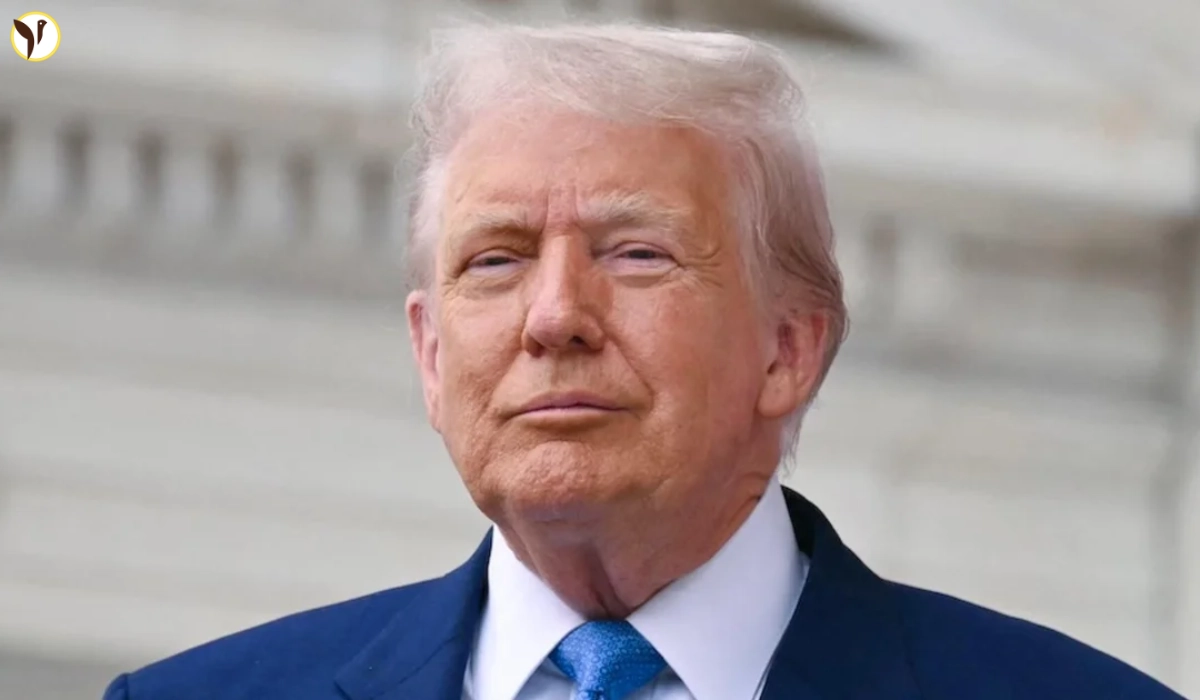Trump and the “TACO” Term That’s Got Wall Street Talking
There’s this term floating around now that’s caught a lot of attention—“TACO”. And no, it's not about food. It actually stands for “Trump Always Chickens Out.” It’s kind of a funny-sounding phrase, but people on Wall Street are seriously paying attention to it. The term was first used by Robert Armstrong from the Financial Times, and honestly, it’s about a pattern he says he’s noticed with former President Donald Trump and his trade decisions.
Where Did “TACO” Come From and Why Does It Matter?
So, Armstrong basically came up with "TACO" to describe how Trump sometimes goes big with threats—usually on trade stuff like tariffs—but then doesn’t follow through all the way. It’s happened a few times. Like, he once talked about slapping a 145% tariff on Chinese goods, which sounds huge, but then he lowered it to just 30%. Another time, he talked about a 50% tariff on EU products, but it never actually happened.
These kinds of announcements can shake the markets because investors start reacting fast—then things change, and it all gets a little unpredictable. That back-and-forth? That’s what people say is the “TACO” effect. It’s not about mocking him, but more about showing how this pattern can mess with market confidence.
How Trump Responded to the TACO Talk
When someone actually asked Trump about this whole “TACO” nickname during a press conference, he wasn’t happy. He called it a “nasty question” and pretty much brushed it off. He didn’t see it as backing down or changing his mind. He said what he’s doing is just smart negotiation. Like, make a big demand, then settle for what works best. That’s how he sees it—not as being unsure, but as being strategic.
He also said, like he’s said before, that his main goal is to protect American workers and industries, and the way to do that isn’t always by going full force but by making deals that work in the long run. Whether people believe that or not kind of depends on how they view his leadership style.
Why This Matters for the Economy and Public Perception
What’s really interesting here is how a single phrase—just a few words—can start influencing how people think about political decisions and their impact on the economy. “TACO” might sound a bit silly at first, but it reflects something bigger. It shows that markets are super sensitive to what leaders say, especially when those leaders have a history of changing direction.
-
Investors tend to watch Trump's moves very closely.
-
When tariffs are announced, markets react fast—even if the policy doesn’t stick.
-
That kind of uncertainty can cause a lot of financial ups and down.
This whole thing shows how much power words and headlines can have. Whether or not you agree with what Trump’s doing or how he does it, there’s no doubt that people are paying attention. And when markets move because of something someone might do, it reminds us how closely tied politics and the economy really are. It’s not just numbers and charts—it’s decisions, reactions, and how people feel about what’s coming next.









